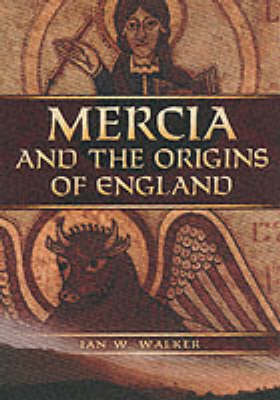The role of King Alfred and his successors in the defence of Wessex against the Vikings, in the recovery of lost territory and in the forging of a unified English kingdom is widely known. However, less is known about the part played in these crucial events by the Mercians - the neighbours and rivals of the West Saxons, who occupied central England. This text re-examines the events of the mid-8th to late-10th centuries to provide a balanced account of the period. Traditionally, historians have focused on the decline of Mercia and the rise of Wessex, but Ian Walker reveals that, despite dynastic disputes and invasion, Mercia remained a powerful kingdom even after the long, successful reign of Offa. Moreover, he shows how the very real threat of Viking dominance persuaded Mercia and Wessex to co-operate as equals against a common enemy, making marriage alliances, launching joint campaigns, building fortresses and working in parallel to restore control over areas under Viking occupation.
There was therefore a long period of co-existence and co-operation between Mercian leaders such as Aethelred and the redoubtable Lady Aethelflaed (the only woman to rule an Anglo-Saxon kingdom in her own right) and the rulers of Wessex such as Alfred the Great and Edward the Elder. The author goes on to trace how the unified kingdom of England came about partly because of this process, and partly because a number of dynastic accidents, not, as is traditionally argued, because of West Saxon conquest. England was very much a new kingdom, a "rex anglorum", rather than a greater Wessex, and without Mercia, it might never have been established.
- ISBN10 0750921315
- ISBN13 9780750921312
- Publish Date 19 October 2000
- Publish Status Out of Print
- Out of Print 5 May 2011
- Publish Country GB
- Publisher The History Press Ltd
- Imprint Sutton Publishing Ltd
- Format Hardcover
- Pages 256
- Language English
